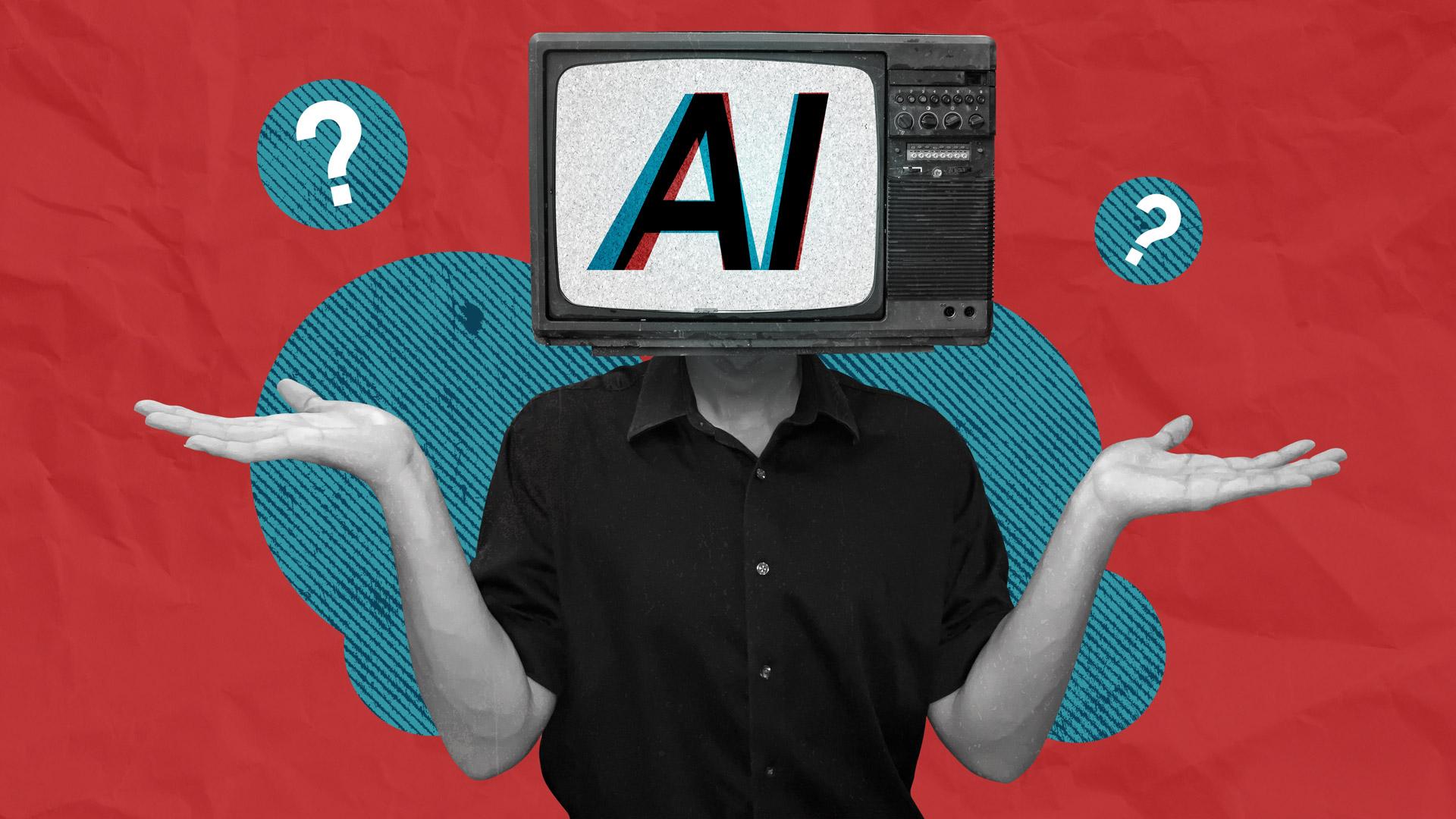- Report complaints that the adoption of AI depends on critical human capacities
- Ethics, adaptability and communication specific to the public all named
- The gap of skills in the workplace of AI is as much human as technical
As AI tools are becoming more and more anchored in our daily work, new research says that the challenge of not getting the most out of it may not reside only to technology.
A multiverse report has identified thirteen basic human skills that could determine whether companies fully carry out the potential of AI.
The study warns without deliberate attention to these capacities, investments in AI writers systems, LLM applications and other AI tools may not meet expectations.
Critical thought under pressure
The multiverse study is based on the observation of AI users at different levels of experience, from beginners to experts, using methods such as analysis of the Think Aloud protocol.
Participants have verbalized their thought processes while using AI to perform real tasks.
From this, the researchers built a framework bringing together the skills identified in four categories: cognitive skills, skills responsible for AI, self -management and communication skills.
Among the cognitive capacities, analytical reasoning, creativity and reflection of systems have been essential to assess AI outputs, push innovation and predict AI responses.
The skills responsible for the AI included ethics, such as identification biases in results and cultural sensitivity to fill the gaps in the geographic or social context.
Self -management covered adaptability, curiosity, orientation of details and determination, the features that influence the way people refine their AI interactions.
Communication skills included adapting the outputs generated by AI for public expectations, commitment in an empathetic way with AI as a thought partner and the exchange of comments to improve performance.
The reports of university institutions, including MIT, have raised concerns with regard to generating AI can reduce critical thinking, a phenomenon linked to “cognitive unloading”.
This is the process where people delegate mental effort to machines, risking the erosion of analytical habits.
Although AI tools can process large amounts of high -speed information, research suggests that they cannot replace nuanced reasoning and the ethical judgment that humans provide.
Multative researchers note that companies focusing solely on technical training can ignore the “general skills” required for effective collaboration with AI.
Managers can assume that their investments in AI tools fill a technological gap while in reality, they are faced with a combined challenge of human technology.
The study refrains from claiming that AI inevitably weakens human cognition, but it maintains rather that the nature of cognitive work changes, with less bet on the memorization of facts and more on knowledge to access, interpret and verify information.




